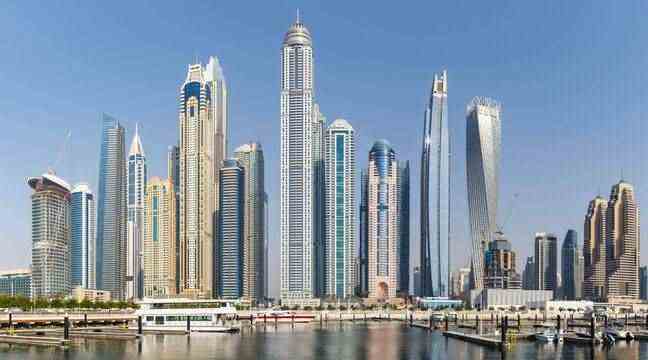A drop of effort in an ocean of pollution… Dubai, temple of unbridled consumerism and delusions of grandeur, announced on Monday the imminent end of free single-use plastic bags.
With its huge skyscrapers and gigantic over-air-conditioned shopping malls, Dubai is often criticized for its limitless pollution. The city claims to want to “reduce the excessive use” of plastic bags and “strengthen sustainable development”.
Camels, collateral victims
A welcome initiative, especially for the camelids of the region. In April 2021, a camel found dead had ingested more than 2,000 plastic bags. Since 2008, 300 of these two-humped animals have died around Dubai after ingesting litter. However, the price is likely to be little deterrent in a city that attracts a very wealthy international clientele.
“In an effort to reinforce sustainable development and encourage people to reduce excessive plastic use, Dubai’s Executive Council has adopted a policy to limit single-use bags by imposing a 25 cent fee” from dirham, or 0.05 euro cents, authorities said.
A total ban in the making
The decision will come into force “from July 1, 2022” in stores, restaurants, pharmacies or even for home deliveries, they said in a press release. A member of the United Arab Emirates, Dubai assures that it does not want to stop at this decision and is considering a “multi-step” policy that could lead to a “total ban on single-use bags within two years”.
“It is essential to change the behavior of society in order to reduce the ecological footprint of people and to preserve natural resources and habitats,” explained the authorities.
Oil and sustainable development
In March 2020, Abu Dhabi, capital of the Emirates, also announced a “new environmental policy” intended to “eliminate all single-use plastics by 2021”, but these “regulations” have still not been applied.
Showing itself more and more as champions of sustainable development, the Emirates are due to host the “COP 28” climate summit next year and say they hope to achieve carbon neutrality by 2050. Like other Gulf countries, the country has built its wealth mainly on fossil fuels, the construction sector and mass consumption.

